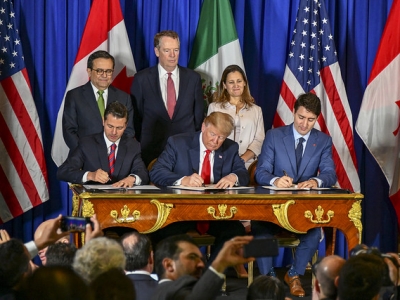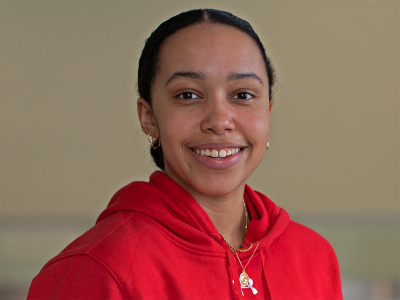By Karen Kelly
Photos by Bryan Gagnon
There are a lot of “NPSIANs” in the federal public service—graduates from the Norman Paterson School of International Affairs who have a reputation for being highly prepared, hard-working and intelligent.
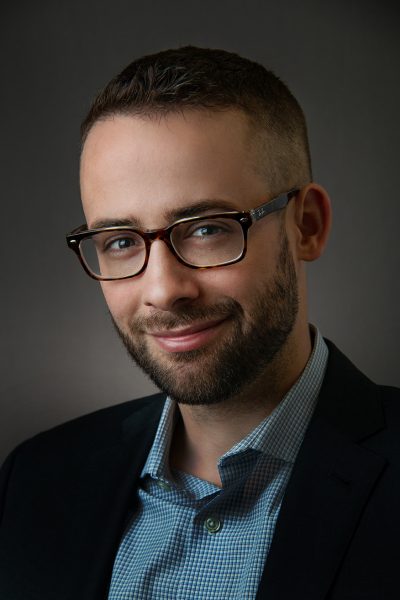
Mark Farfan de los Godos, Master of Arts, International Affairs
So it may be no surprise that three NPSIA graduates have been chosen for the federal government’s Advanced Policy Analyst Program (APAP), a competitive placement that accepts only 12 graduates per year. Mark Farfan de los Godos described the rigorous application process.
“It started with an initial screening, then a written exam on a topic of their choosing and then an interview,” he explained. “You sit in a room by yourself and have 30 minutes to prepare answers to five questions. Then you meet with an interview panel of three people.”
Farfan de los Godos was chosen for a position with Natural Resources Canada. He will be joined by NPSIA graduates Madison DeLong and Brent Mills in the two-year program that involves a six-month rotation at the Privy Council Office, the Treasury Board Secretariat, the Department of Finance, and lastly, their sponsoring department, where they will become full-time employees.
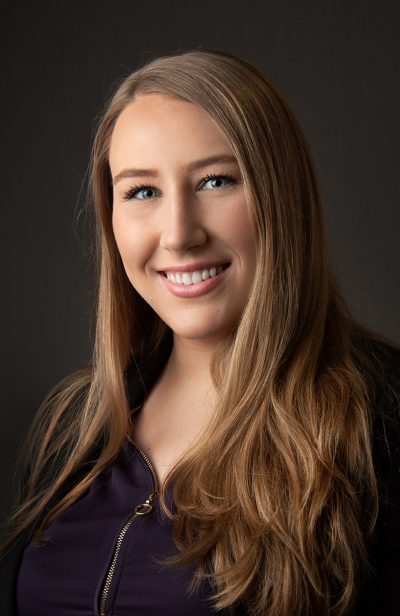
Madison DeLong, Master of Arts, International Affairs
“When I heard about this in first year, I realized it was an amazing opportunity and set my sights on applying for it,” said Madison DeLong, who will be working for Health Canada’s Strategic Policy Branch.
After completing her undergraduate degree in anthropology and sociology, DeLong was interested in bringing her critical anthropological perspective to a more structured policy area within NPSIA. She chose the international development policy stream.
“NPSIA has a strong reputation for graduates who are really well-versed in what good policy is,” she explained. “When I got here, I realized how practical the tools were. I came from a very theoretical background and this gave me a really strong array of skills and tools. I’m interested to see how I can translate that into domestic health policy in the federal government.”
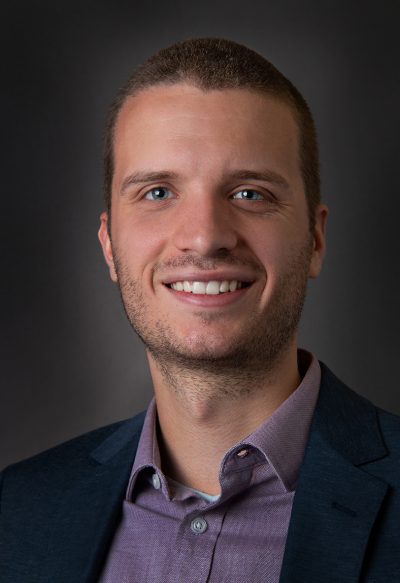
Brent Mills, Master of Arts, International Affairs
Graduate Brent Mills had a similar experience at NPSIA, which he described as “very practical.” After earning a bachelor’s degree in history, he didn’t choose a particular focus, but wanted to try as many new things as possible.
His favourite class may have been a course in “foresight”: the exploration of plausible, alternative futures and the challenges that may emerge.
“I brought the skills I learned in that class to the Canadian Forestry Service, where I wrote reports and ran training,” said Mills. “It was a case of the school teaching me x, which led to job y.”
Mills completed a co-op position at Natural Resources Canada and another at Global Affairs Canada, working as an analyst for the Middle East Relations division.
After receiving an undergraduate degree in political science, Mark Farfan de los Godos opted to write a thesis at NPSIA on whether there is an arms race in artificial intelligence and the implications for global security. He worked closely with defence and security experts Professor Stephanie Carvin and Professor Philippe Lagassé.
“They were quite supportive and I was pushed in directions I might not have thought of,” said Farfan de los Godos, who completed a 12-month work placement at National Defence. “I am glad to have had the opportunity to do a deep analysis on a subject.”
The Capital Advantage
All three students emphasized Carleton’s location in the National Capital as a selling point for them in choosing NPSIA. After earning a spot in the Advanced Policy Analyst Program, they had no regrets.
“When you come to NPSIA, you are already in the capital region, so you can get a foot in the door that you can’t get with other programs,” said Farfan de los Godos. “I don’t think I would have been as successful somewhere else.”
Wednesday, May 29, 2019 in Convocation, FPA Voices, Students
Share: Twitter, Facebook
